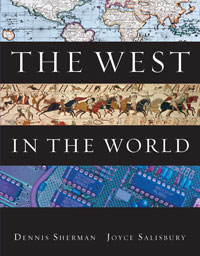1 A) True B) False 2 A) True B) False 3 A) True B) False 4 A) True B) False 5 A) True B) False 6 A) True B) False 7 A) True B) False 8 A) True B) False 9 Reflections on the Revolution in France because he felt that societies should evolve slowly and that political reform was based on a nation's traditions and past experiences.A) True B) False 10 sans-culottes looked to the Girondins to lead the revolution in a more radical direction.A) True B) False 11 A) True B) False 12 A) True B) False 13 A) True B) False 14 A) True B) False 15 A) True B) False 16 A) True B) False 17 A) True B) False 18 A) True B) False 19 A) True B) False 20 A) True B) False 21 A) True B) False 22 A) True B) False 23 A) True B) False 24 A) True B) False





